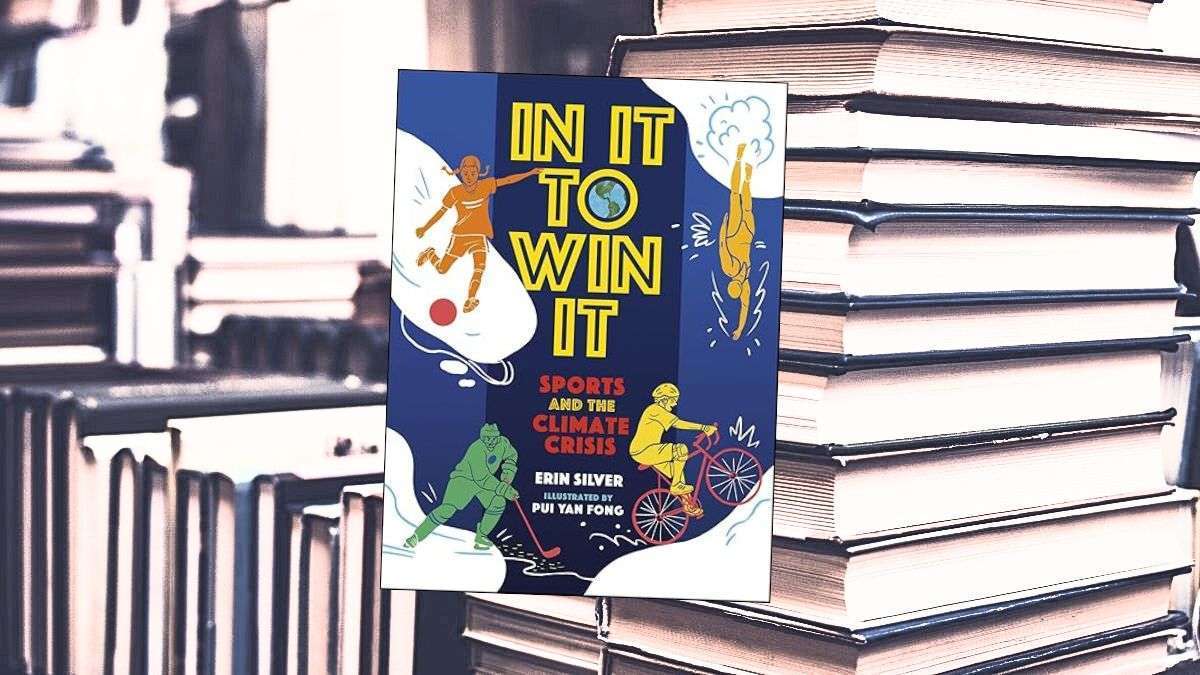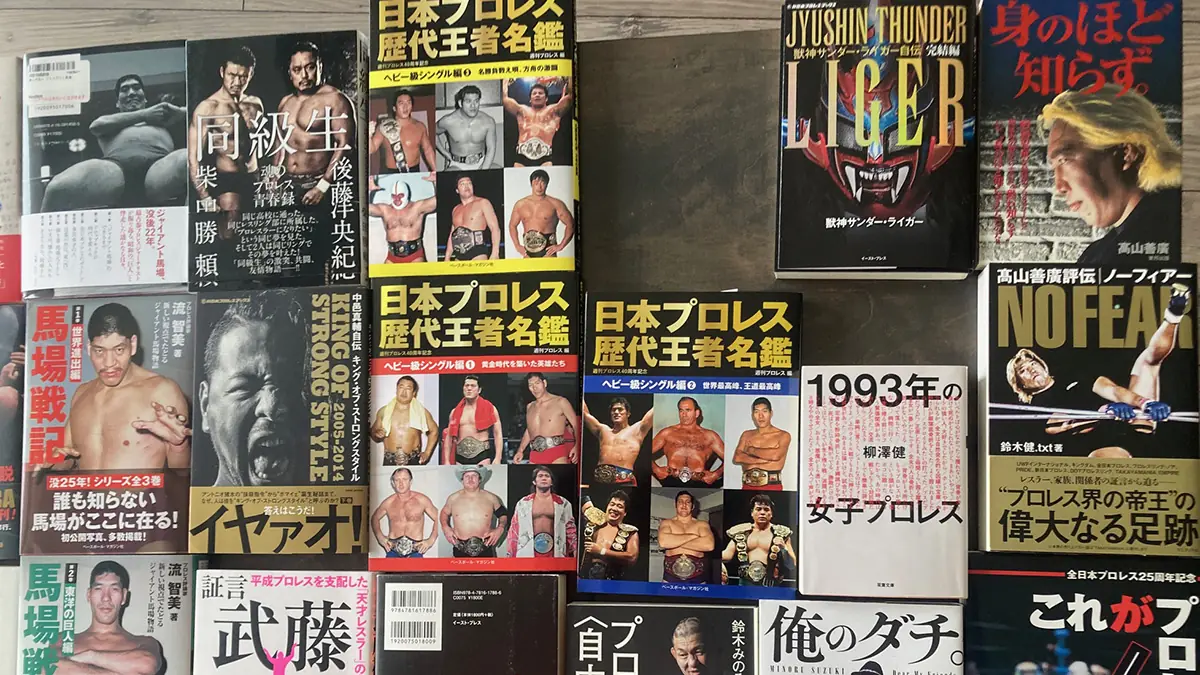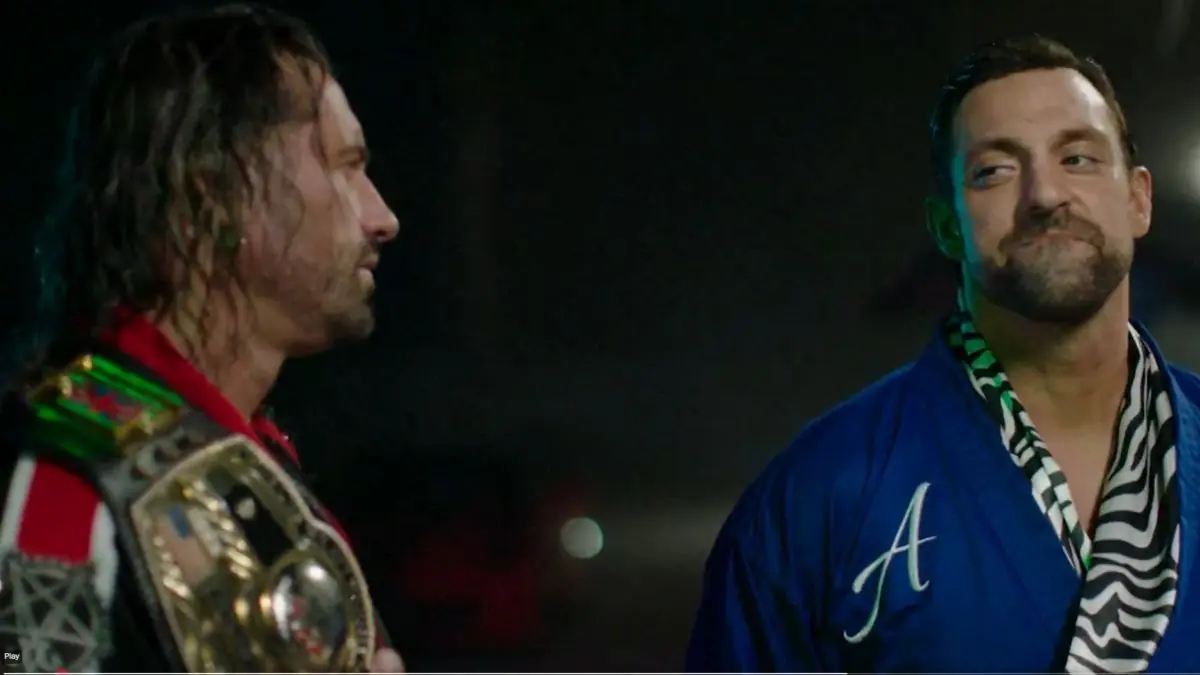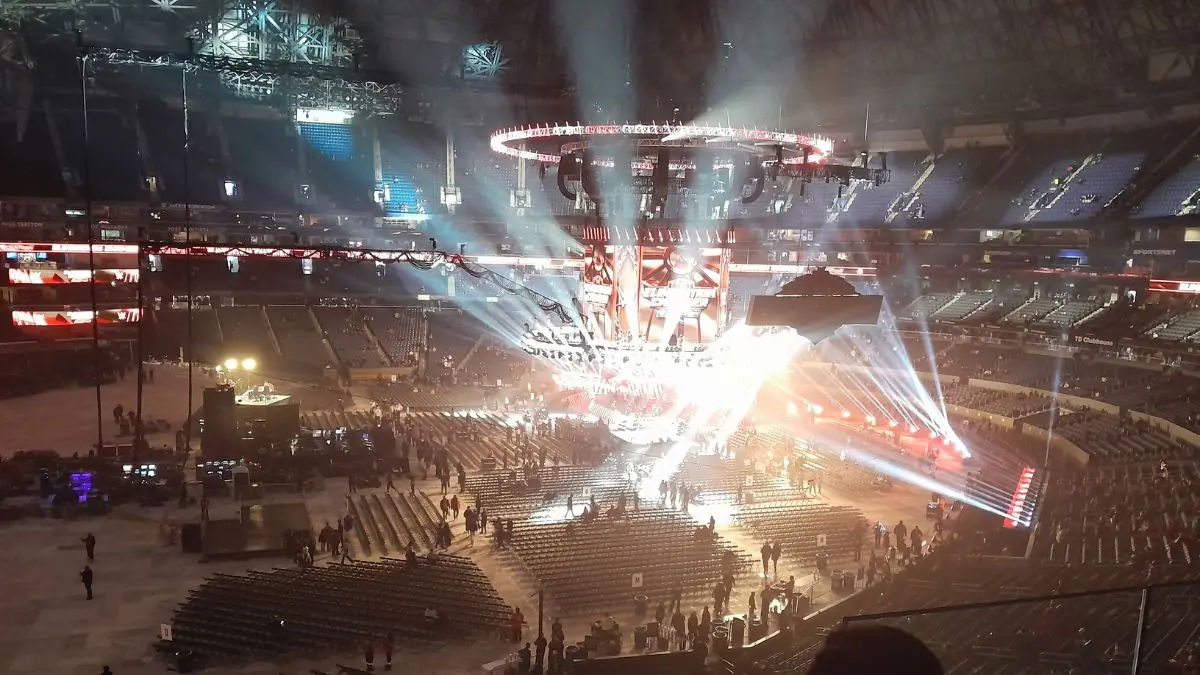I recently got the chance to talk to author Erin Silver about her book In It To Win It: Sports and the Climate Crisis.
It’s written for middle-grade readers, roughly ages 9-12, but I took away all kinds of information about the impact of sports on the environment.
For every good story, like Seattle’s Climate Pledge Arena, where it’s almost a waste-neutral site, meaning that all the garbage thrown out is sorted into recyclable, reusable, compostable or into the landfill (which is only a small percentage), there are numerous reminders of the byproducts produced from wrestling shows, from flight emissions to any other bleak details that go into making the show possible.
Though my column for the Society of International Hockey Research mainly focused on what hockey has been doing to address climate change, like reusing the water to make ice and not use the same chemicals as it used to, I couldn’t resist asking her about pro wrestling.
After all, have you seen the ridiculously over-the-top set-ups for major WWE events? And that is for one or two days of WrestleMania.
The drone show WWE paid to do a day ahead of its debut on Netflix was cool and all, but there’s an impact there too, especially through the batteries needed to fly the drones. Working on this article, though, I learned that these kind of drone shows are at least preferable to fireworks when it comes to impact on the environment. And boy have we seen fireworks at big shows!
Is anything reused? Reclaimed? Or do they just go sit in the WWE warehouse, or end up in the trash?
I highly doubt that WWE / Endeavor has an employee whose job is just to consider the environment and how the company can be a better corporate citizen. Does AEW?
I reached out to both companies to find out for a future story.
Neither WWE nor AEW replied to repeated requests for comment.
“I haven’t done wrestling,” admitted Silver, who lives in Toronto. “I’ve done the Olympics … even car racing, the racing of the actual cars produces less emissions than transporting all the cars and transporting the equipment and all the people. So in something like wrestling, that has a huge impact on the planet too, because people are flying equipment, trucking equipment, all of that has emissions. So everywhere you take a ring that causes emissions, and then all the fans coming to the stadium causes emissions. So it’s definitely a problem.”
Emissions are always being produced, she noted.

“I don’t know actually if wrestling is doing anything. Hopefully, if it takes place at a stadium like Climate Pledge Arena, where they have procedures in place to have zero waste facilities and LED lighting, so hopefully the venues that they have it at are already making an impact. So that’s something that could be positive,” Silver said.
It’s easy to point fingers, whether it’s AEW flying in more people than it needs just to sit around backstage and not be used on Dynamite or the cheap merchandise often sold at shows.
“It’s not like we can all avoid living our lives and doing things, but maybe they can take public transportation to the stadium, which makes perfect sense from an economical standpoint, a parking standpoint, traffic. So hopefully they’re doing that. Hopefully they’re not selling plastic bottles. Hopefully if they do, they’re recycling them,” wished Silver, continuing.
“Hopefully, if they’re buying T-shirts that they keep the shirts for longer, rather than throwing them out or they donate them. There are ways, even if we want to enjoy life and go to concerts and wrestling events, there are ways that kids can still have an impact. It doesn’t have to be worst case scenarios across the board. Hopefully kids are learning.”
And she did note that it is often the children learning something at school, coming home, and challenging a parent’s long-standing habit — like running the water while brushing teeth. Or, “Don’t idle the car while you wait for me at hockey practice.”
“I’ve done so much research for so many of these books, but I know that kids have an influence, sometimes even more than an adult. Kids who are learning about this in school may tell go home and tell their parents, and sometimes that’s a very effective way for change to happen,” said Silver.
RELATED LINKS
- Buy In It To Win It: Sports and the Climate Crisis at Amazon.com or Amazon.ca
- SlamWrestling Master Book List
- Erin Silver’s website
- Previous Mat Matters pieces




